
ABB Electric case study (predictive)
ABB Electric (predictive) Try it! ABB Electric faced a flat market for electric equipment (e.g., transformers, breakers, relays) used by electrical utilities to distribute power. The
Accessibility Tools
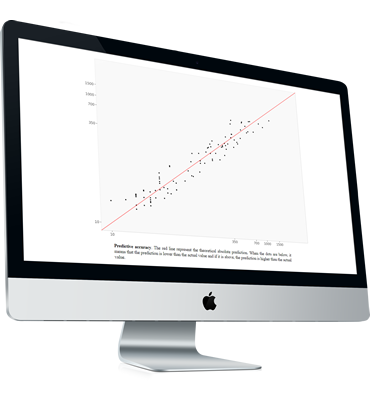
The predictive module in Enginius is a powerful and versatile model that helps managers predict a variety of outcomes, such as loyalty, brand choice, response to an offer, expected revenues, and so on, based on a set of available predictors. Once the model has been calibrated on past data, it can be directly applied to new data sets with ease to obtain predictions.
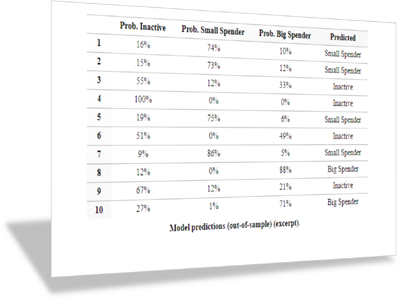
Enginius can predict different types of variables, such as binary outcomes (which customers will buy, churn, or click?), multinomial outcomes (which brand will they choose?), or continuous ones (how much will they spend?), all from the same simple interface.
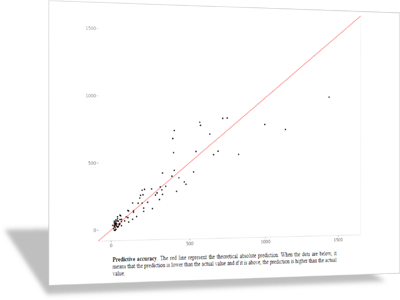
The discrete-continuous model is a powerful variant where the model predicts at the same time who will make a purchase, and if so, for how much? The target variable is therefore either a zero (no purchase) or an amount, and the same predictor is allowed to have a positive impact on one component of the model, but a negative impact on another. For instance, customers who usually purchase for small quantities might experience a higher chance of making a future purchase (higher likelihood) but for a smaller amount (lower value). These moving parts are independently estimated, and then combined to compute the net effect of each predictor.
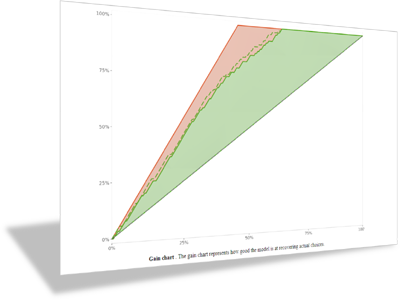
Cross-validation is a well-known mechanism to estimate the robustness of the predictions, and assess whether a good fit is not only achieved by chance, and that the model does not simply capture noise. Performing multifold-cross validation with Enginius is as simple as clicking on a button.
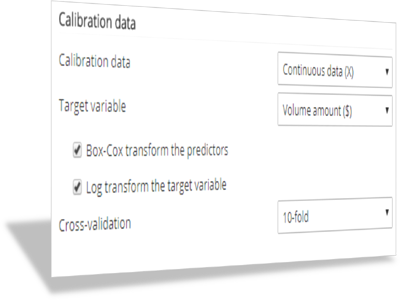
Real data is often skewed. For instance, most purchase amounts will be within the same range, but some observations will be outliers and may prevent the model to correctly fit the data. Rather than getting rid of valuable observations, Enginius allows you to automatically transform both the predictors and the target variable with the click of a button (Cox-Box or log-transforms). Categorical predictors (e.g., “male”, “high value”, etc.) will be automatically transformed and discretized as well.

ABB Electric (predictive) Try it! ABB Electric faced a flat market for electric equipment (e.g., transformers, breakers, relays) used by electrical utilities to distribute power. The

Bookbinders Book Club (predictive) Try it! The Bookbinders Book Club (BBC) was established in 1986 for the purpose of selling books through direct marketing. BBC

The Gabriel Hansen Cancer Foundation (predictive) Try it! The Gabriel Hansen Foundation is a nonprofit organization whose mission is to raise money to finance the

© DecisionPro, Inc. 2015-2024. All rights reserved. Enginius ® is a registered trademark of DecisionPro Inc.